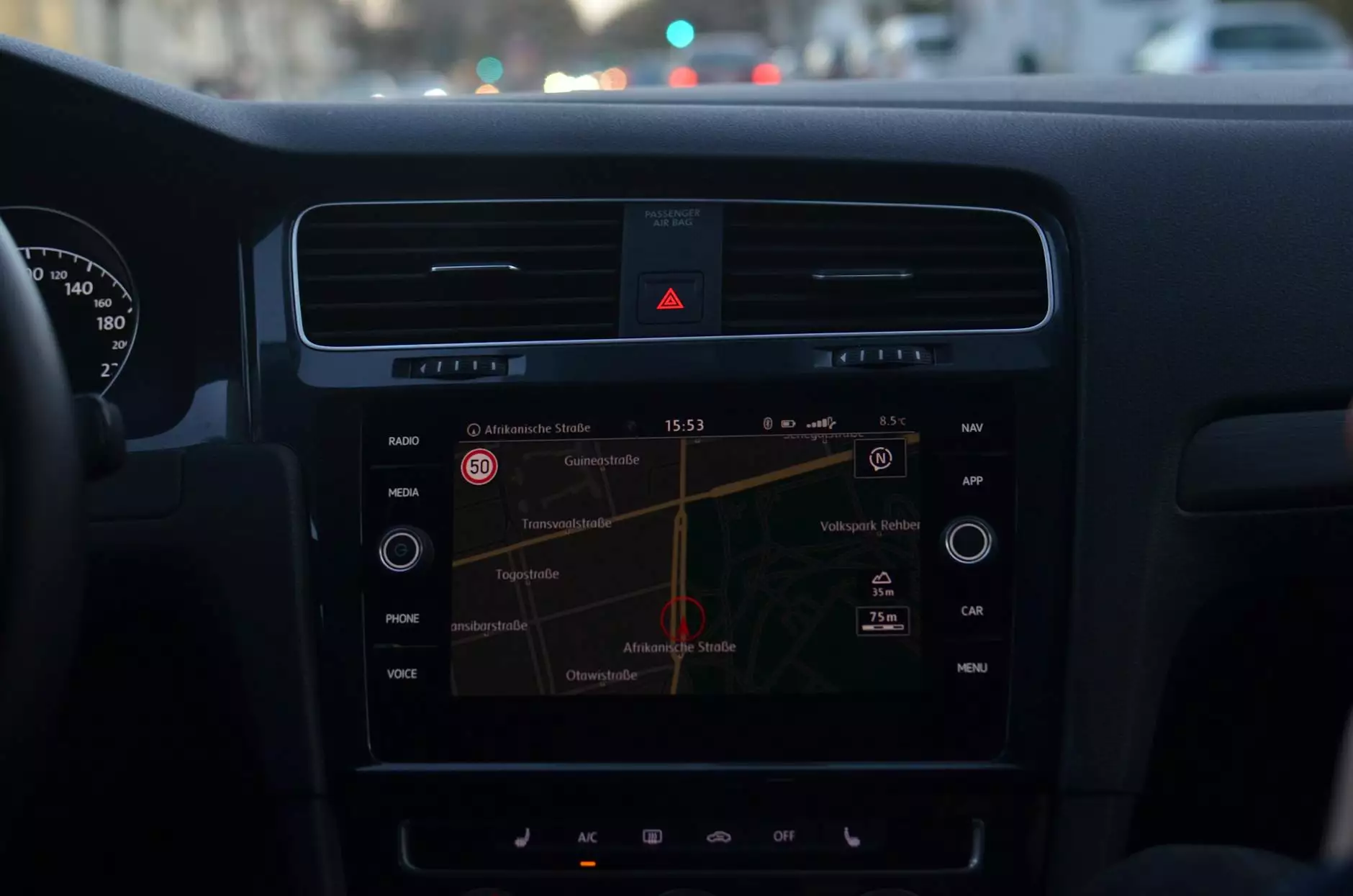Understanding Barcode Machines: Revolutionizing Business Efficiency

Barcode machines have emerged as a crucial component in the modern business landscape. With the rapid advancement of technology, these devices become indispensable tools for various industries, including retail, logistics, healthcare, and manufacturing. By streamlining operations and reducing human error, barcode machines are reinventing the way businesses conduct their daily activities.
What are Barcode Machines?
Barcode machines are devices used to scan, read, and interpret barcodes. A barcode is a visual representation of data, usually in the form of parallel lines and spaces, which can be scanned by a machine to retrieve information about a product or item. There are several types of barcode machines, including:
- Handheld Barcode Scanners: Portable devices that workers can carry to scan barcodes.
- Stationary Barcode Scanners: Fixed-position devices typically found at checkout lines or in warehouses.
- Barcode Printer-Scanners: Multifunction devices that both print barcodes and scan them for quick processes.
- Wireless Scanners: Devices that communicate data wirelessly, improving mobility and efficiency.
The Importance of Barcode Machines in Business
Implementing barcode technology in business operations offers numerous advantages that can significantly impact productivity and efficiency. Here are some key benefits:
1. Enhanced Accuracy
Manual data entry is prone to errors, costly mistakes, and can lead to inventory discrepancies. Barcode machines eliminate human error by automating the data capture process, ensuring that the information gathered is accurate. This level of precision is vital for maintaining inventory consistency and tracking sales effectively.
2. Increased Productivity
Speed is essential in today's fast-paced business environment. Barcode machines streamline the process of inventory management and order processing, allowing businesses to function at optimal speeds. Scanning a barcode takes only a fraction of a second, significantly reducing the time it takes to check items in and out.
3. Better Inventory Management
Having a firm grasp on inventory levels is crucial for any business. Barcode machines allow for real-time tracking of inventory levels, helping businesses prevent overstocking or stockouts. Furthermore, automated inventory systems minimize time spent on stocktaking and audits, freeing up employee resources for other essential tasks.
4. Enhanced Customer Satisfaction
In the retail sector, a positive customer experience is paramount. Barcode machines expedite transactions at checkout, reducing wait times and improving service quality. Quick scanning enhances customers' shopping experience, leading to increased loyalty and higher sales.
5. Cost-Effectiveness
While there may be an initial investment in barcode technology, the long-term savings are noteworthy. By minimizing errors, improving inventory management, and expediting processes, businesses see significant reductions in labor costs and material waste. Many companies report a return on investment (ROI) within months of implementation.
Types of Barcodes
Understanding the different types of barcodes is essential for selecting the right barcode machine. Here are a few of the most common barcode formats:
- UPC (Universal Product Code): Widely used in retail, primarily to identify products.
- EAN (European Article Number): Similar to UPC but used primarily outside the United States.
- Code 39: A versatile code used in various industries, particularly in automotive and defense sectors.
- QR Code: A two-dimensional barcode that can hold more information and is commonly used in marketing and payment systems.
- Code 128: Offers a compact design that can encode more characters, ideal for shipping labels.
Choosing the Right Barcode Machine
When considering the right barcode machine for your business, several factors should influence your decision:
1. Type of Business Operations
Different industries have unique requirements. Retail businesses may opt for handheld scanners for flexible use, while warehouse operations might benefit from stationary scanners that can withstand rigorous environments.
2. Integrated Systems
Consider whether the barcode machine can integrate seamlessly with your current systems, such as inventory management software or point-of-sale systems. Compatibility can enhance overall operational efficiency without the need for extensive training or system modifications.
3. Durability and Reliability
Look for machines designed for longevity, ensuring they can withstand the demands of your particular environment. A reliable scanner is a necessity, especially in high-volume situations, to avoid disruptive downtime.
4. Wireless Capabilities
In businesses where mobility is essential, investing in a wireless barcode machine can enhance worker efficiency and flexibility. Wireless scanners eliminate the hassle of cables, providing ease of movement around the workspace.
5. Price and Return on Investment
While it's important to consider the upfront costs, the long-term ROI should play a significant role in your decision. Cheaper options may lead to higher maintenance costs or reduced functionality in the future.
Future Trends in Barcode Technology
The landscape of barcode technology is continually evolving, driven by innovations and emerging needs of businesses. Here are some trends to watch:
1. Mobile Barcode Scanning
With the increasing use of smartphones, businesses are adopting mobile barcode scanning as a cost-effective alternative to traditional machines. Companies can utilize mobile apps that turn smartphones into barcode scanners, providing greater flexibility and reducing costs.
2. Increasing Adoption of 2D Barcodes
Two-dimensional barcodes, like QR codes, are becoming more prevalent due to their ability to store more information. They are especially popular for mobile marketing and can be scanned quickly by smartphones, allowing businesses to engage with customers innovatively.
3. Integration with IoT
The Internet of Things (IoT) enhances the functionality of barcode systems. Devices connected to the internet can provide real-time data, allowing businesses to monitor inventory, track shipments, and make informed decisions based on comprehensive analytics.
4. Sustainability Practices
As businesses increasingly focus on sustainability, barcode printers that use eco-friendly materials and practices are gaining traction. Companies are looking for solutions that reduce waste while maintaining operational efficiency.
Conclusion
The impact of barcode machines on business efficiency cannot be overstated. From enhancing data accuracy to improving inventory management and customer satisfaction, the advantages they confer are significant. As technology continues to advance, embracing these solutions will be fundamental for businesses seeking to maintain a competitive edge in an ever-evolving market. Invest in barcode machines today for a future where efficiency meets innovation.
For more information about implementing barcode solutions in your business, visit Omega Brand, your trusted partner in printing services, electronics, and computers.









